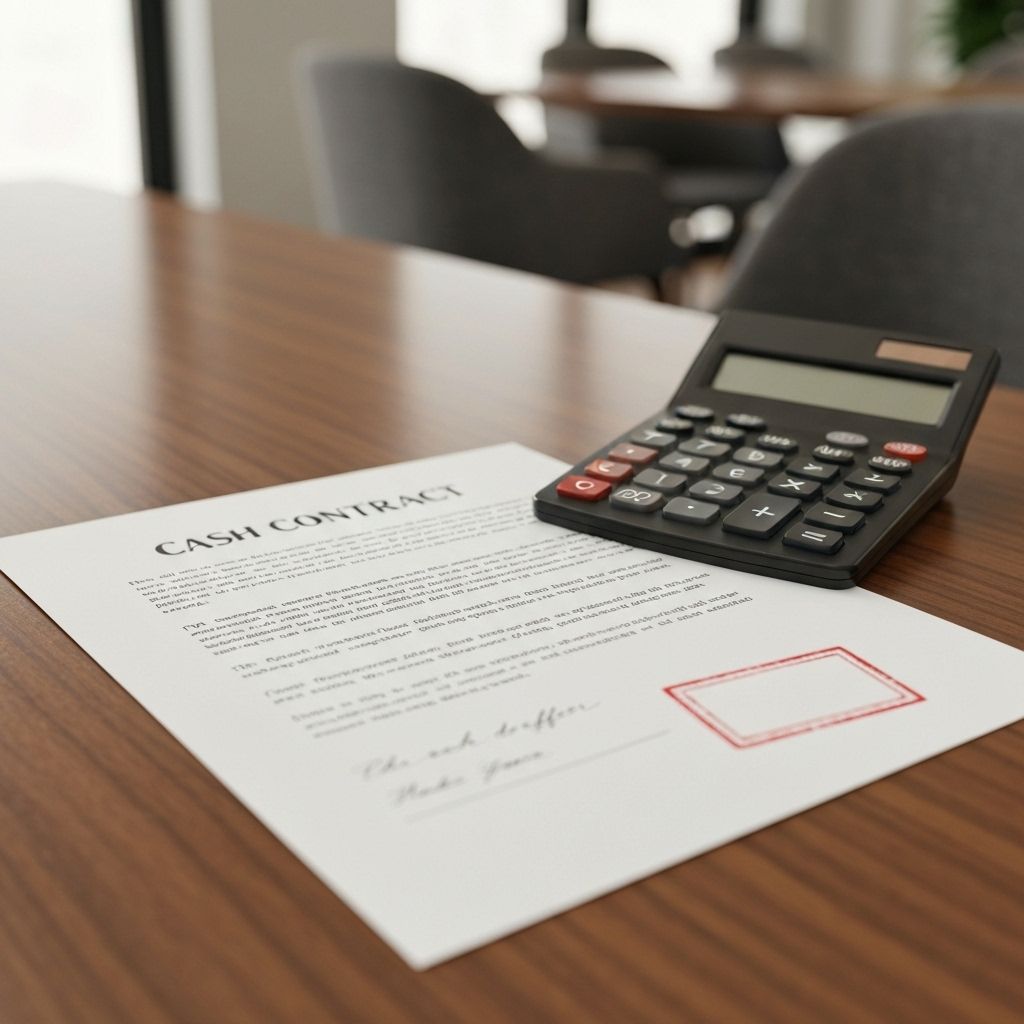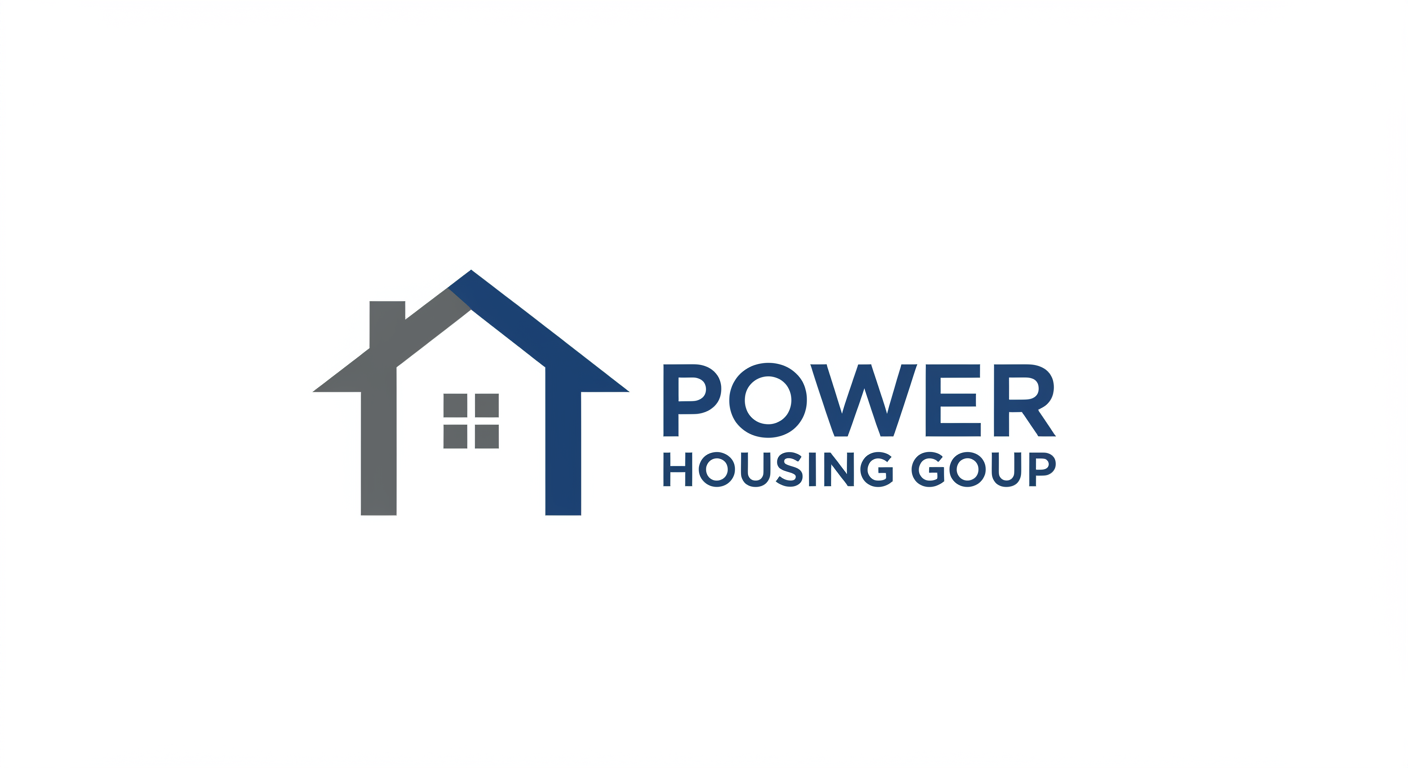What Does a 'Fair Cash Offer' Really Mean?

A 'fair cash offer' is one that takes into account a property's market value in its current condition. It reflects the cost of necessary repairs, holding expenses, and the convenience of a fast, guaranteed sale without commissions or fees. It provides certainty and speed that the traditional market cannot always offer. Understanding how these offers are calculated can help you determine if a cash offer is right for your situation.
The Components of a Fair Cash Offer
A legitimate cash offer isn't just a random number pulled from thin air. Professional cash buyers use a systematic approach to determine their offers, taking into account several key factors that affect the property's value and the buyer's investment risk.
The main components that go into calculating a fair cash offer include:
- Current Market Value: What similar properties in good condition have sold for recently
- Repair Costs: Estimated cost to bring the property to market-ready condition
- Holding Costs: Taxes, insurance, utilities, and maintenance during renovation
- Transaction Costs: Closing costs, title insurance, and other fees
- Market Risk: Buffer for market fluctuations and unexpected issues
- Profit Margin: Reasonable return for the buyer's investment and risk
How Cash Offers Compare to Market Value
Cash offers are typically 70-85% of a property's after-repair value (ARV), depending on the condition and local market factors. This might seem low at first glance, but it's important to consider what you're getting in return: no repairs, no showings, no financing contingencies, fast closing, and guaranteed sale.
When you factor in the costs you avoid with a cash sale – real estate commissions (typically 6%), closing costs, repairs, carrying costs during marketing, and the risk of deals falling through – the net difference between a cash offer and traditional sale is often much smaller than it initially appears.
"A fair cash offer isn't about getting the highest possible price – it's about getting a reasonable price with certainty, speed, and convenience. For many sellers, that trade-off makes perfect sense." - Real Estate Investment Professional
The Value of Certainty and Speed
One of the most valuable aspects of a cash offer is certainty. Traditional sales can fall through for numerous reasons: financing issues, inspection problems, appraisal gaps, or buyer cold feet. Studies show that 3-5% of traditional real estate transactions fall through after going under contract, often after weeks or months of preparation and marketing.
Cash buyers typically close in 7-14 days and don't require financing, inspections for loan approval, or appraisals. This speed and certainty can be invaluable if you're facing foreclosure, need to relocate quickly, dealing with an inherited property, or simply want to avoid the stress and uncertainty of the traditional selling process.
Red Flags: Unfair Cash Offers
Not all cash offers are created equal. Be wary of offers that seem too good to be true or come with concerning terms:
- Offers significantly above market value (often indicate hidden fees or scams)
- Requests for upfront fees or payments before closing
- Pressure to sign immediately without time to review
- Vague terms about closing timeline or conditions
- Buyers who won't provide proof of funds or references
- Contracts with excessive contingencies that allow easy exit
Evaluating Your Options
To determine if a cash offer is fair for your situation, consider getting a comparative market analysis (CMA) from a local real estate agent. This will help you understand what your property might sell for on the traditional market. Then, subtract estimated costs for repairs, commissions, closing costs, and carrying costs during the marketing period.
Also consider your personal situation: Do you need to sell quickly? Are you comfortable managing repairs and showings? Can you afford to carry the property if it doesn't sell immediately? Do you have the time and energy for the traditional selling process? These factors should weigh heavily in your decision.
Making the Right Choice
A fair cash offer provides value through convenience, certainty, and speed, even if it's not the highest possible price. The key is understanding what you're getting in exchange for accepting a lower offer and whether those benefits align with your needs and priorities.
Before accepting any cash offer, make sure you understand all terms, have verified the buyer's ability to close, and have considered how it compares to your alternatives. A truly fair cash offer should provide clear value and peace of mind, making it a win-win transaction for both parties.
Related Articles
Selling Your Home As-Is
Maximize value without costly repairs.
Navigating a Difficult Market
Selling strategies for challenging conditions.
Common Inherited Property Mistakes
Avoid costly pitfalls when selling inherited homes.
Get Your Fair Cash Offer
Receive a transparent, no-obligation cash offer for your property today.
Get My Fair Offer